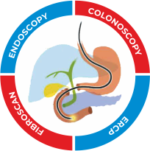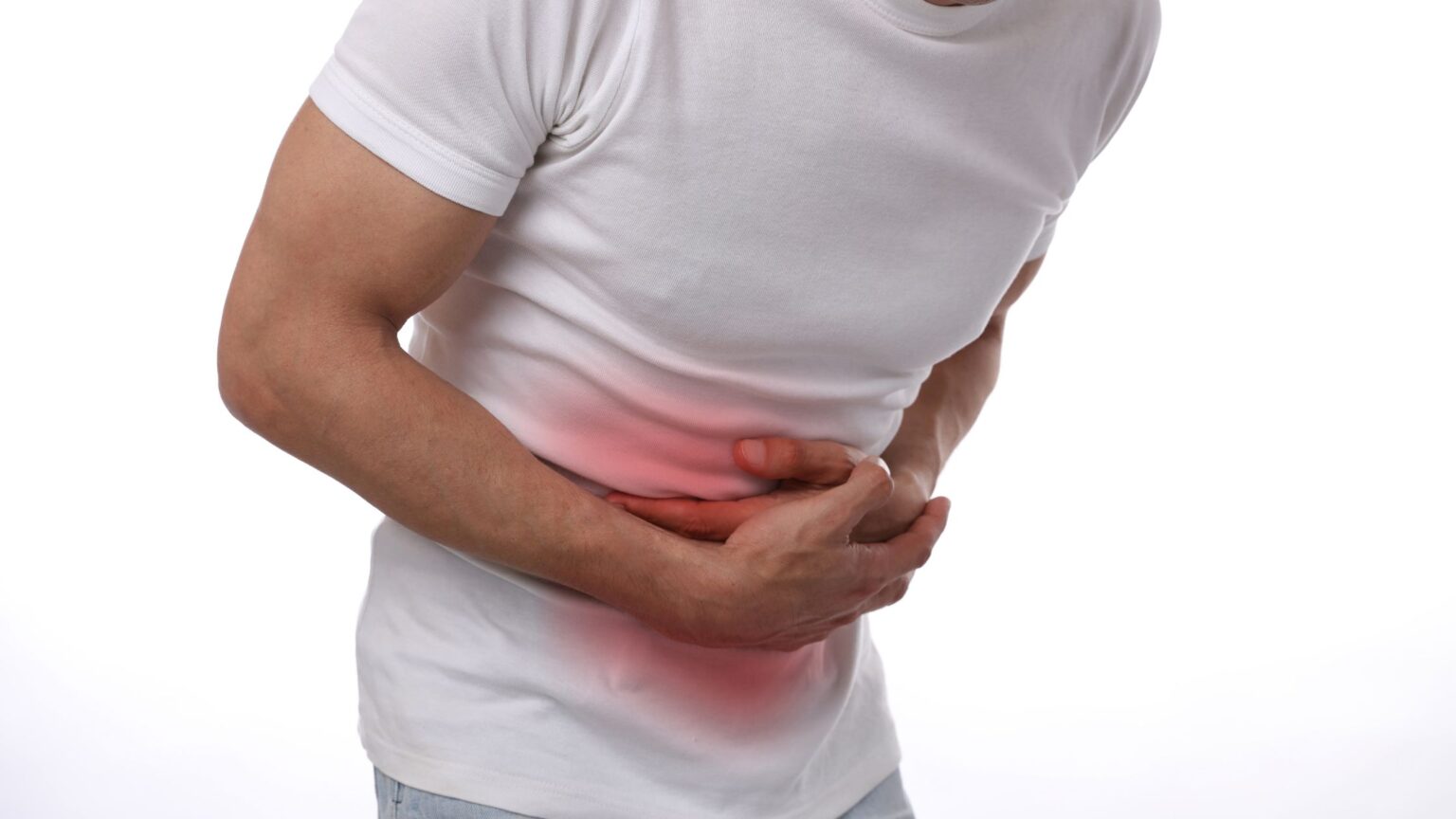Constipation
Constipation is a change in bowel habits that makes it challenging to pass faeces. As you get older, your digestive system may weaken, you may become inactive, or you may experience constipation as a side effect of some medications. It might also be a sign of a condition that is more serious. You can easily find best Gastrologist in Sirsa. Constipation can eventually result in pain, loss of appetite, and straining during bowel movements, which raises your risk of developing hemorrhoids.
Indigestion
Have you ever had the feeling that you ate too much and that your entire dinner is “stuck” inside? Large food portions that make it harder for the digestive enzymes in your intestines to break down are frequently regarded to be the origin of this sensation. As we age, the production of the digestive acids in the stomach may decrease, making this a more serious issue. There are many Gastroenterologist Hospital in Sirsa. Additionally, the length of time it takes for the stomach to evacuate its contents is influenced by factors including weakening digestive tract muscles and a decreased blood flow to the stomach and intestines. These factors collectively may cause dyspepsia. Other potential factors include prescription drugs, anxiety, stress, and depression.
Gastrointestinal diseases when ageing
Diverticular disease
Small pouches form along the intestinal wall, causing this medical ailment, also known as diverticulosis. This medical problem may not cause any symptoms for some people. Gas, bloating, cramps, and constipation are among the symptoms that some people may encounter. Diverticular illness is a diagnosis made in about half of those over 60. Medical therapy may be necessary depending on the severity of the condition, particularly if it worsens and results in inflammation.
Peptic ulcers
The lining of the stomach and duodenum, the first segment of the small intestine, can become infected with peptic ulcers. They typically developed as a result of inflammation in your gut brought on by the H. Pylori bacterium, which can be transmitted orally or through faeces. In addition, using some drugs improperly and smoking can both contribute to this medical issue. Burning abdominal pain is the most typical sign of this terrible illness. Chest pain, changes in appetite, and bloody or black faeces are further warning symptoms.
How to protect your digestive health as you age
Exercise and stay active
By easing symptoms like constipation and lowering your risk for colon cancer, physical activity has been found to help maintain the health of your digestive system. Aim for at least 30 minutes of activity five days per week. This can also promote general health and ward against age-related illnesses.
Maintain a healthy diet
You can maintain good health by eating a well-balanced, nutritious diet. To avoid constipation and reduce diverticulosis symptoms as you age, you might need to eat more fibre. Eat more whole foods, such as fruits, vegetables, whole grains, and beans, and increase your water intake. Along with controlling your portion sizes, you should follow a balanced diet that limits your intake of fat, salt, and sugar.
Regular health check-ups
Additionally, you should have routine examinations and undergo the advised health checks. This can assist in identifying possible issues before they become serious, allowing for quick intervention and, typically, more beneficial treatment outcomes. You should alway check yourself to Top Gastroenterologists in Sirsa. You may manage your weight and lower your chance of developing diseases like heart disease, diabetes, and high blood pressure by taking these actions to maintain a healthy digestive system. As a result, you might require fewer prescription drugs.








